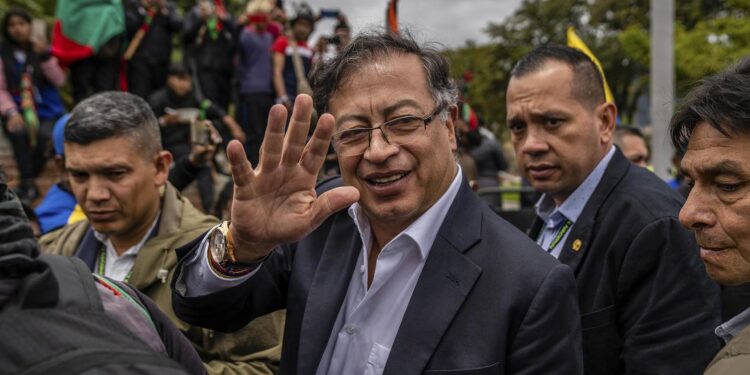President Petro participated in the celebration of the country’s 213 years of independence, attending a traditional parade of the Military Forces in the morning and later installing the legislature of the bicameral Parliament in Bogotá, which will last until June 20, 2024.
Since he took power in August last year, Petro has faced criticism from some congressmen who disapprove of political negotiations that began in November between the government and the ELN, the oldest active guerrilla in the Americas. Despite this, the president argues that peace is not negotiated only with armed groups but that it is an agreement that involves the whole of society.
Being a former guerrilla who signed the peace in 1990 to enter politics, Petro believes that dialogue is the only solution to the armed conflict between the Colombian state and the Guevarist-inspired guerrillas that formed in 1964.
However, the right accuses Petro of being too lenient with the rebels and of limiting the operations of the security forces, which has led to recurring attacks by the ELN despite negotiations.
The president acknowledges that his peace initiatives have been debatable and admits that no one has an absolute truth about how to achieve peace in Colombia. However, he pointed out that the figures show a significant decrease in the number of casualties in the army and police compared to the previous year, thanks to rapprochements with the ELN.
Petro has had frequent disagreements with Congress during his first year in office, breaking ties with traditional parties that initially supported him. Even so, in his speech, he invited parliamentarians to unite in this new legislature to explore the possibilities for peace and achieve a national agreement to end the armed conflict and insurgency with the State.
Although some critics have questioned Petro’s position on managing peace, his call to work together in search of peace offers hope and opens the possibility of exploring new avenues of rapprochement to end decades of conflict in Colombia.










